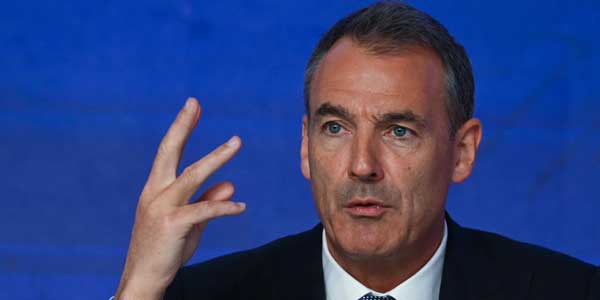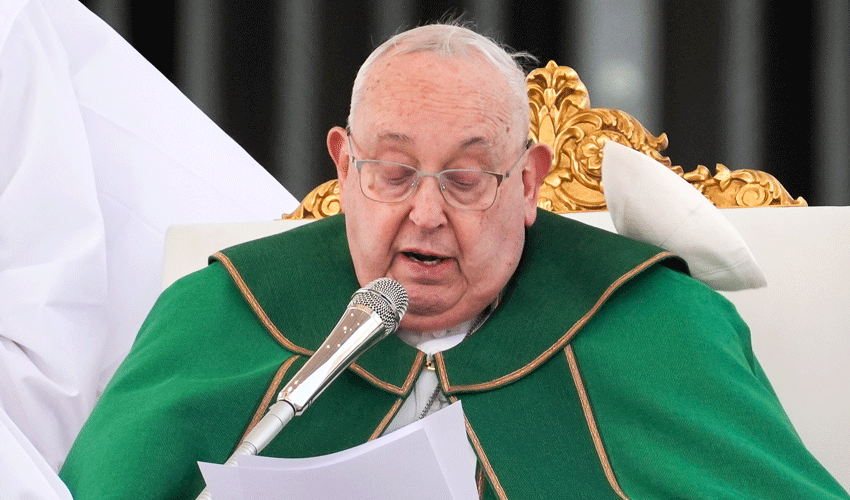Shares in British energy major BP fell on Wednesday after chief executive Bernard Looney unexpectedly resigned over his failure to disclose past relationships with colleagues.
The company's stock closed down 2.8 per cent at 508.20 pence on London's FTSE 100 index, despite rising oil prices that normally boost energy firms.
BP announced late Tuesday that Looney, 53, had resigned "with immediate effect" after admitting that he had not been "fully transparent" about historical relationships with colleagues.
The Irishman had been CEO for less than four years and had steered the company through a tumultuous period that included huge swings in prices due to the COVID-19 pandemic and Russia's invasion of Ukraine.
Susannah Streeter, head of money and markets at Hargreaves Lansdown, said the resignation was "a highly unwelcome turn of events for investors" given Looney's long tenure at the company and his pivotal role in its transition to greener energy.
"Change at the top is always unsettling, and the abrupt nature of his departure will intensify reactions, particularly as it comes at such a sensitive time in the company's strategy," she said.
Looney took over as CEO in February 2020, shortly before the 10th anniversary of the Deepwater Horizon disaster, which killed 11 people and caused billions of dollars in damage.
He was also CEO when oil prices briefly turned negative in 2020 due to the COVID-19 pandemic.
Finance chief Murray Auchincloss will now act as interim CEO while the company seeks a permanent successor.
Richard Hunter, analyst at Interactive Investor, said the resignation was "a surprise but perhaps not a major chapter in BP history".
"With a temporary replacement now confirmed, BP will be hoping for markets to regard the situation as business as usual," he said.
"However, there will inevitably be uncertainty until such time as a permanent replacement is found and the company clarifies whether there will be any changes to its current strategy."


























